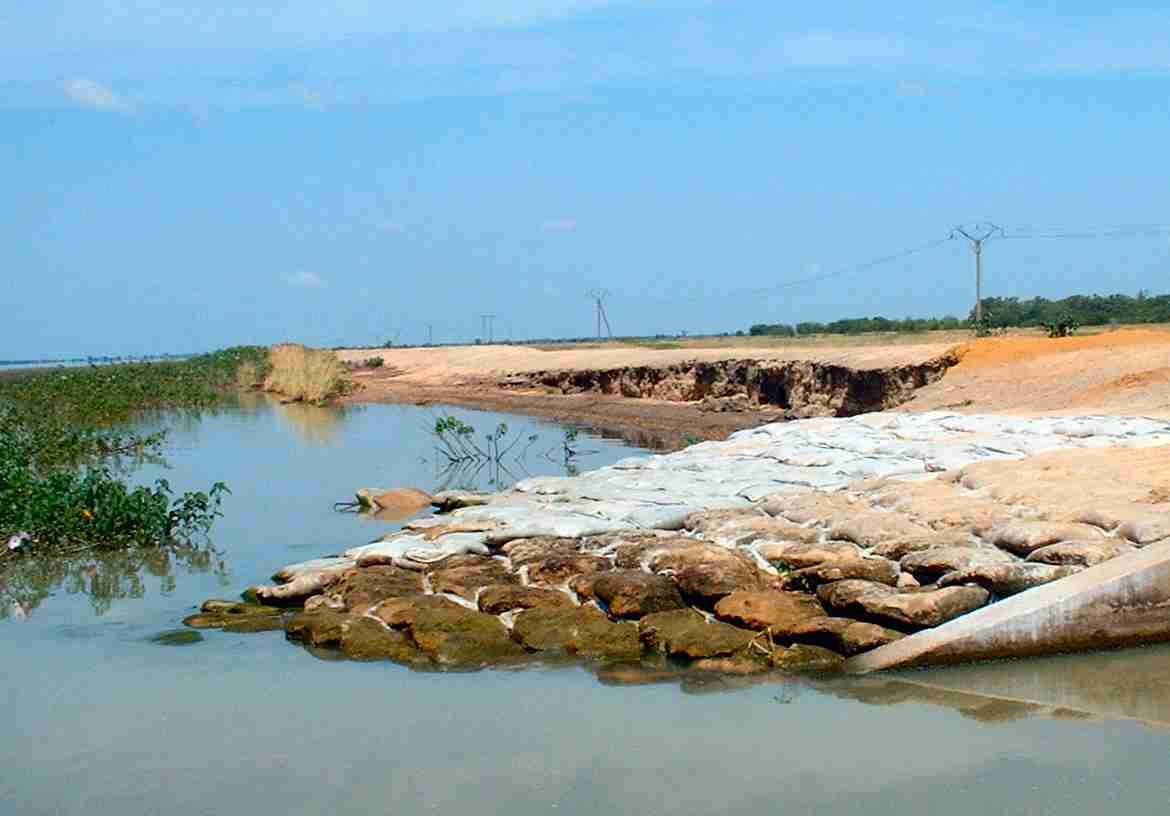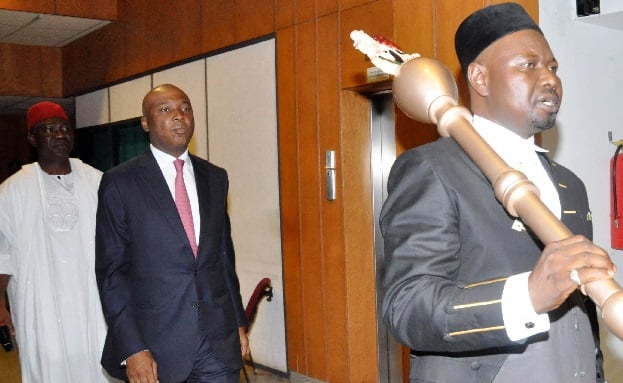BY CHUKWUDI UWAGA
The global recess that led to a number of corporate failures across the globe in 2008, redefined the need to enhance financial reporting and regulatory frameworks across the world. For instance, in Nigeria alone over the last few years, there have been two waves of collapse in the banking sector following reforms made by the Central Bank of Nigeria (CBN).
With the crisis that this situation has generated globally, the protection of investor and stakeholder interest became a priority by many governments of the world. This led to the establishment of financial reporting regulators by many countries in line with international standards with the sole intent of engaging financial reporters, determining the peculiarities and needs of the market and working together with the corporates as well as their primary regulators to develop standards, structures and systems that work for such markets.
In Nigeria, the Financial Reporting Council of Nigeria (FRCN), established by the FRCN Act, No. 6, 2011 (FRCN Act) under the supervision of the Federal Ministry of Industry, Trade and Investment provides regulatory oversight for financial reporting and corporate governance. The FRCN has its roots in the defunct Nigerian Accounting Standards Board (NASB), which was established in 1982. The NASB itself metamorphosed overtime and gained more traction in 2003 when the Obasanjo administration enacted the Nigerian Accounting Standards Board Act No. 22, 2003.
The objective of the FRCN is to protect the investor and stakeholder interest, give guidance on issues relating to financial reporting and corporate governance, ensure good corporate governance practices, ensure accuracy and reliability of financial reports and harmonise activities of relevant professional and regulatory bodies. Functionally, the FRC issues/adopts standards for use in preparation of financial reports by public interest corporates. The FRCN provides regulatory oversight for financial reporting and corporate governance.
Advertisement
The official gazette of FRCN Order No.1 issued on March 7, 2014 enables the FRCN to register all professional accountants and professionals engaged in the financial reporting process. On the strength of this gazette and with little regard to what is obtainable globally, FRCN mandated the registration of professionals with a a non-refundable fee of N12,000 per professional. Similarly, individuals who belong to multiple professionals are required to pay N219,300 for registration. In addition, all afore registered professionals are required to pay an annual levy of N5,000. This meas that all professional accountants, those charged with governance in public institutions and governments (based on S.77 of the FRC Act), will register with the FRCN and pay the levies.
This is a sharp contrast with what is obtainable in the United Kingdom (UK). The UK FRC solicits voluntary levies from the regulated entities and the recommended levy amounts are calculated using the estimate of its budget and funding requirements by a very transparent process that is shared in advance of the year in which the levies are applied. The rates used are graduated and depend on the size of the enterprise. On average, a Nigerian bank with an illustrative market capitalization of N25 billion will only pay N297,000.00 for all its members by the UK standard.
This payment will not be enough to register two multiple professionals with oversight responsibilities under FRC. The FRCN also seeks to extend its universe of compulsory levies to all entities in the private sector. It therefore appears to the independent reviewer that one of the primary goals of the FRCN is to collect levies, rather than perform its mandatory function of regulating.
Advertisement
The penalties for noncompliance were recently revised to a range of N5 million per instance to N100 million from an initial maximum limit of N10 million. The reason for the change is bewildering. The previous limits for fines have never been applied, deemed inadequate or found not be an effective deterrent to warrant revision.
A withdrawal of financial statements by the reporting entity now attracts a fine of N500 million to not more than N5 billion and in multiples of N500 million, a revision of 5,000 per cent! In addition to these humongous charges, S.20 of the guidelines allow the FRCN to charge N250,000 per hour for time spent reviewing entity financial statements (its primary responsibility) and pay an inspection fee of N1million.
This is highly ridiculous as most reporters have no control over hours spent and have no idea of the costs to the Council. The new penalties, by all standards, are too high and far exceed the constitutional limits approved by the National Assembly and President.
Banks and listed entities are well-regulated by the Central bank of Nigeria (CBN) and the Securities and Exchange Commission (SEC). The scope of work covered by these regulators is far more extensive and resonates over financial transactions, compliance and provision of continuous targeted reviews. The oversight responsibilities are targeted at promoting stewardship/transparency rather than imposing arbitrary fines. With thinning margins following the devaluation of the Naira, reduction in revenue base, downturn in the oil market and the global economy, Nigerian businesses cannot expect to pay the heavy fines and remain profitable.
Advertisement
FRCN also showed its complete disregard of the law in requiring that penalty must be paid within 14 days, failing which an additional penalty of 0.1 per cent on the imposed penalty shall accrue for each day of default. This is despite the fact that Section 64 paragraph (1) states that regulated entities are only liable to fines upon conviction. Accordingly, the imposition of the fines by the FRCN does not create the liability until conviction in a competent court of law.
It is therefore imperative for the relevant authorities – the Presidency and the National Assembly – to intervene in this potentially crisis-like situation. The Nigerian financial sector has gone through a lot in the past and until these anomalies are addressed and reverted, there may likely be a series of litigation against FRCN by various stakeholders, which may scare away the much-needed inflow of FDI into the country.
Uwaga, a financial analyst, lives in Lagos, Nigeria
Advertisement
Views expressed by contributors are strictly personal and not of TheCable.
Add a comment



